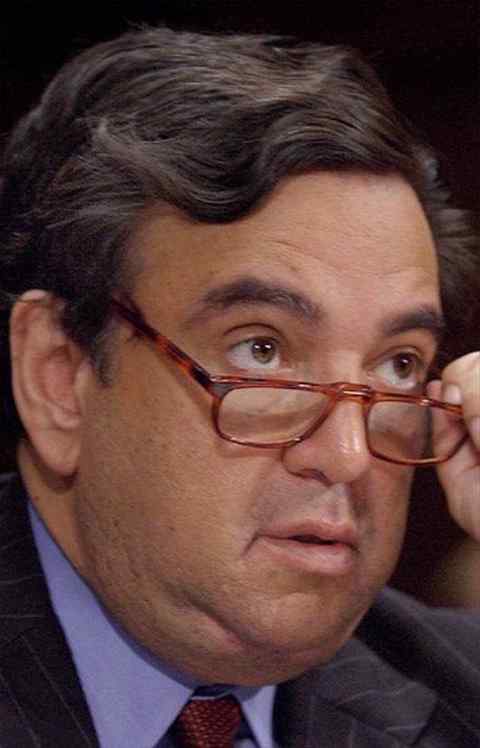Elizabeth Hartline Green
Where do the candidates stand on education? Bill Richardson on education.
 This is the second in an ongoing series on where the candidates stand on education.
This is the second in an ongoing series on where the candidates stand on education.
Next on our list, we have Governor Bill Richardson.
Simply as a disclaimer, perusing the education records of governors like Richardson and Romney is quite different than those of other candidates, simply because governors are in a better place to influence educational policy than almost any other kind of elected official. Senators and congressmen have a limited role in what education policies are enacted, as most educational policy happens on a state level—federal education acts like No Child Left Behind are rare. That being said, onward ho!
Richardson has quite a few education issues in his platform, among them increasing minimum teacher pay to $40,000 around the country, redesigning high schools, increasing parental involvement with schools, increasing college affordability, implementing universal, non-compulsory, free preschool, and mandating full-day kindergarten. He says he is for reforming the widely unpopular No Child Left Behind, especially by eliminating sanctions for low-performing schools and increasing state flexibility, but during the YouTube debate he advocating abolishing NCLB, for the same reasons.
He is for charter schools because he feels the promote innovation, but he is purportedly against vouchers—although he supported vouchers publicly in 1996. New Mexico has an average amount of charter schools compared with other states; currently there are 67 charter schools operating. These schools have various rates of student performance; some have very high test scores, and others have very low scores. This is normal for charter schools, as mission, student body composition, location, and methodology vary widely between sites.
New Mexico has been piloting a state preschool program under Richardson, and he has been a very vocal advocate for universal preschool funding in the state, though currently the program is only serving low-income children.
Richardson also banned junk food and sugary drinks in school vending machines and started a program to give every seventh-grader a laptop, though the program is still being rolled out. Additionally, he signed into law a bill replacing the board of education with an education secretary (the board now is only advisory) and a bill that would suspend drivers licenses of truant students, and fine or jail parents of seriously truant students. The governor also oversaw a law that makes it illegal to deny students financial aid due to their immigration status, thus allowing undocumented immigrants to receive state financial aid (which is extremely rare across the country; New Mexico is one of the few states to allow this).
Overall, it is likely that many state governments will balk at Richardson’s education platform, as it seems to propose increased federal involvement with schools. While increasing the state role in under NCLB will be well-received by most governors, federal involvement in what many may see as personnel decisions (such as teacher pay) and local control issues (such as full-day kindergarten) will most certainly not be enacted without a very fierce fight from local-control advocates. As education has been interpreted as not a fundamental right under the U.S. Constitution [pdf], some may see these things as infringing on states’ rights.
Meanwhile, Richardson has been accused of political cronyism, appointing donors to high positions of power within the state. Several large donors were appointed to the Commission on Higher Education (which is no longer in existence). Additionally, early in his term as governor Richardson asked for the resignation of all state university regents, and reappointed donors and allies in the places of those who had stepped down.
Richardson has made education a priority while governor, and while by some measures the state’s educational system has improved, most of his initiatives have not yet had enough time to show results, and it may be years before the success or failure of Richardson’s education initiatives is known.
Elizabeth Hartline Green: Author Bio | Other Posts
Posted at 8:18 AM, Jul 30, 2007 in
Candidates on Education | Politics
Permalink | Email to Friend










